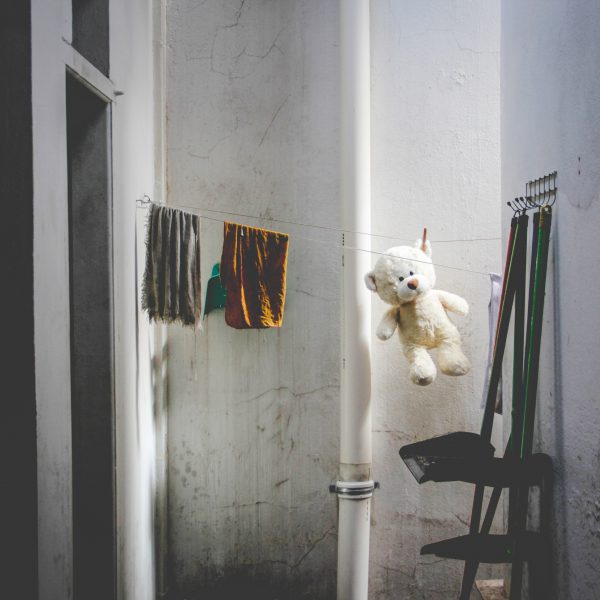WA introduces new processes to strengthen Working with Children Checks

Western Australia is the first State to join the Working with Children Checks (WWCC) National Reference System, a move designed to protect children by enhancing the more than 130,000 Working with Children Check applications processed by the Department of Communities each year.
In response to the findings of a recent Auditor-General’s report, the Department has strengthened its criteria for determining whether a WWCC applicant is issued with an interim negative notice until their application is finalised.
As a result of the changes, the Department has noted, there has been an increase in interim negative notices – a tool that restricts a WWCC applicant from working with children until they have been fully assessed – being used more often, further minimising risk to children during the assessment period.
The revised criteria have resulted in more than 60 interim negative notices being issued since November 2019, compared to the 78 issued over the entire 2018-19 financial year. Additional staff have been allocated to the WWCC screening unit to fast-track current applications awaiting assessment.
The Department has made other changes since the release of the Auditor-General’s Report, including:
- Expanding its proactive compliance program to identify areas of non-compliance, and ensure those who undertake work with children and their employers, comply with the Act;
- Working with key stakeholders including the Department of Local Government, Sport and Cultural Industries, and SportWest – to remind community groups and employers of their obligations;
- Forging new partnerships with other areas of government, including Consumer Protection, the Small Business Development Corporation and WA Seniors Cards, to better promote awareness of Working with Children requirements across the community;
- Creating additional community training opportunities to inform stakeholders about the provision of support, guidance and resources to meet their WWCC obligations; and,
- Taking action to ensure all Department of Communities employees who work with children are compliant with WWCC and reviewed its practices to further assist family and foster carers with meeting WWCC requirements.
The McGowan Government’s continued commitment to child safety is demonstrated in its approach to addressing recommendations made by the Royal Commission into Institutional Reponses to Child Sexual Abuse, a Departmental spokesperson said.
In the 2019 Budget, the McGowan Government provided $5.7m of funding to support implementation of the 409 recommendations made by the Royal Commission, some of which has been allocated to specific measures aimed at improving WWCCs, including:
- – $114,000 to strengthen cross-jurisdictional checks by enabling WA to become the first State to join the National Working with Children Check National Reference System; and,
- – $741,000 to replace and enhance recording equipment used by the WA Police Force to interview children, and to improve WWCC processes by digitising historical criminal records (with 4,300 completed so far).
West Australian Child Protection Minister Simone McGurk commented on the efforts of the Department, saying “The Auditor-General identified an unacceptable level of risk where certain people who have applied for a Working with Children Check card can work with children while their application is being processed.
“In October I asked the Department of Communities to speed up the processing of applications that may result in negative notices, and to review the criteria that determine when an interim negative notice is issued.
“The Department of Communities has now implemented changes to address the issues identified in the Auditor-General’s report and I am pleased that they will further reduce the level of risk to children across WA.”
While the changes will improve one the systems in place to protect children, she added “it is important to acknowledge that protecting children is everyone’s responsibility. It cannot be left to one organisation, one person, or one particular safeguard to ensure the protection of children across the community.”
She likened the WWCC to a swimming pool fence – a great safety measure, but no substitute for supervision or teaching a child to swim.
“Keeping children safe requires more than just criminal history screening. Other areas such as a safe environment, supervision and training are equally important.While we know the majority of people do the right thing, it is crucial that all the systems we have in place to catch the few that don’t, are as rigorous as possible.”
Popular

Practice
Provider
Quality
Research
Workforce
New activity booklet supports everyday conversations to keep children safe
2025-07-10 09:00:16
by Fiona Alston

Quality
Practice
Provider
Research
Workforce
Honouring the quiet magic of early childhood
2025-07-11 09:15:00
by Fiona Alston

Quality
Practice
Provider
Workforce
Reclaiming Joy: Why connection, curiosity and care still matter in early childhood education
2025-07-09 10:00:07
by Fiona Alston












